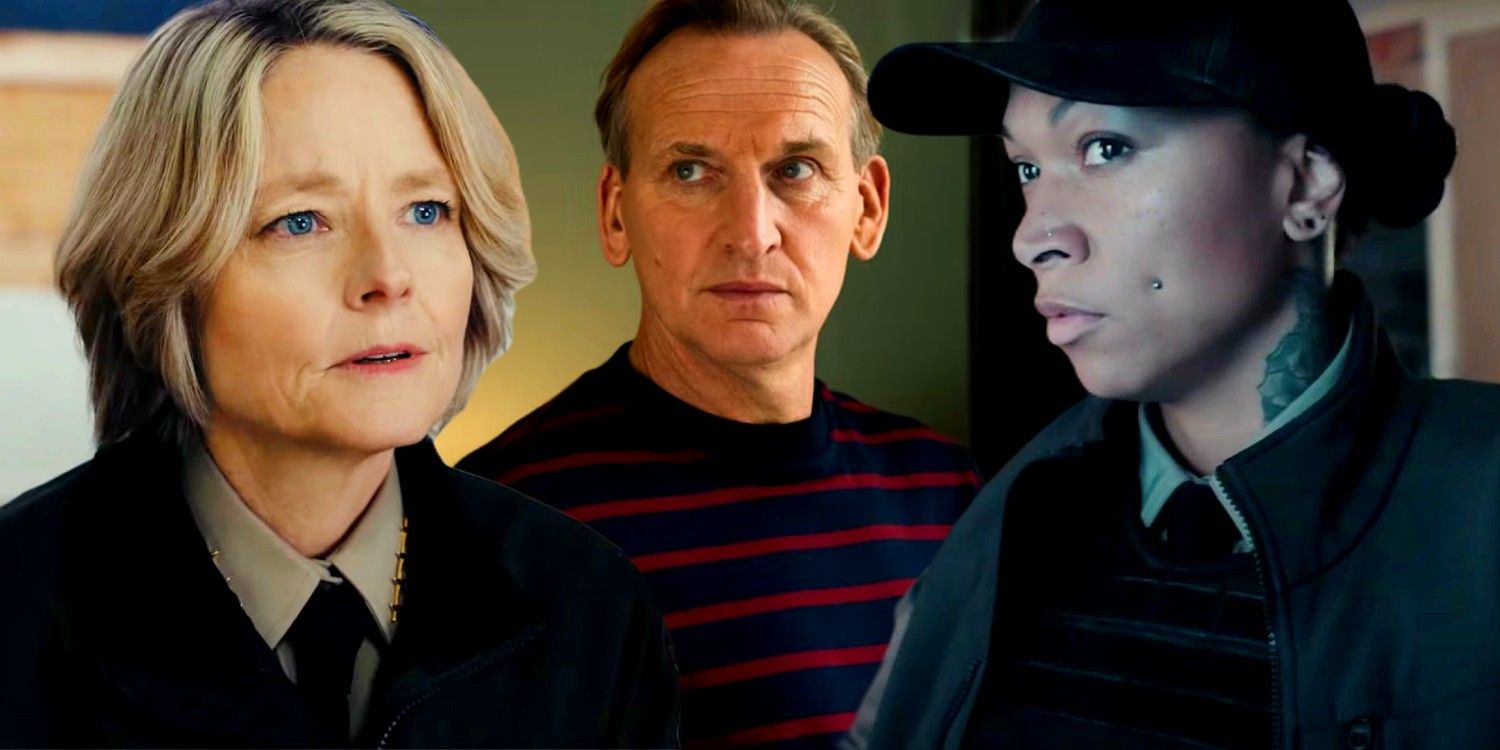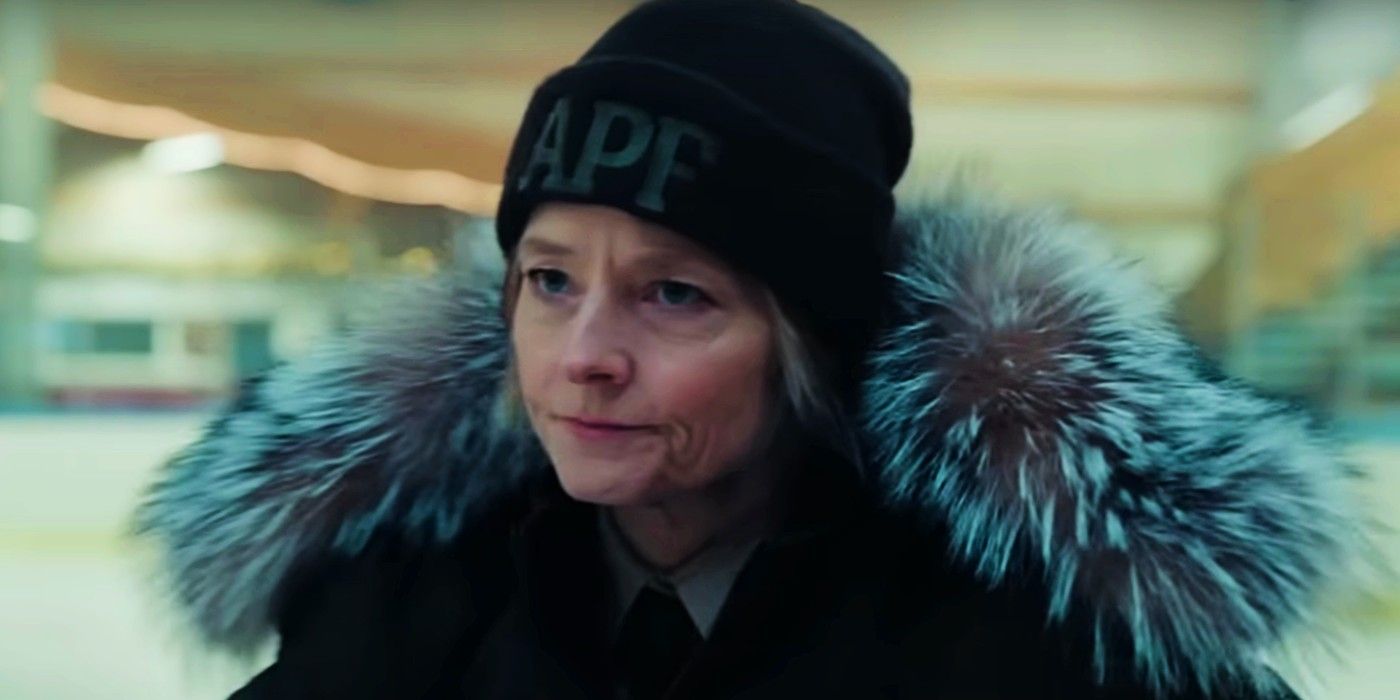
Unveiling the True Detective Drama: A Deep Dive into the Night Country Controversy

Exploring the tumultuous reception of True Detective: Night Country and the clash of creative visions
The Intriguing World of True Detective: Night Country
In the realm of gripping crime dramas, True Detective has always been a beacon of dark storytelling and complex characters. The original True Detective series, created by Nic Pizzolatto, premiered in 2014 and garnered critical acclaim for its atmospheric storytelling, complex characters, and philosophical themes. Each season of the show has featured a new cast and storyline, allowing for fresh perspectives and creative exploration.
The latest installment, Night Country, marks a significant departure from previous seasons. Led by creator Issa López, the new season ventures into uncharted territory, following the enigmatic duo of Jodie Foster's Liz Danvers and Kali Reis' Evangeline Navarro as they unravel a chilling mystery in the icy wilderness of Alaska. The stark and unforgiving landscape becomes a character in itself, adding an extra layer of tension and intrigue to the narrative.
Instagram article posted by nicpizzolatto
The Creator's Response: Pizzolatto's Polarizing Critique
Nic Pizzolatto, the mastermind behind the True Detective series, has not shied away from expressing his dissatisfaction with Night Country. Despite his executive producer credit on the show, Pizzolatto has publicly distanced himself from the creative choices made by López, labeling them 'stupid' and 'a damn shame'. In a series of controversial social media posts, Pizzolatto lashed out at the new direction taken by López, igniting a heated debate among fans.
This clash between the original creator and the new visionary has laid bare the complexities of artistic ownership and creative control in the realm of television production. Pizzolatto's critique has raised questions about the balance between honoring the original vision of a series and allowing for artistic experimentation and evolution. The tension between Pizzolatto and López highlights the challenges faced by creators when passing the torch of a beloved series to new hands.
The Battle of Artistic Integrity: Justified Criticism or Creative Clash?
As the dust settles on the Night Country controversy, the question remains: is Pizzolatto's critique justified, or is it a clash of creative egos? While López has gracefully acknowledged Pizzolatto's right to his opinions, the discord between the two creators has cast a shadow over the otherwise acclaimed series.
Audience reactions to Night Country have been mixed, with some praising the bold new direction and others lamenting the departure from the familiar True Detective formula. The juxtaposition of artistic vision and audience reception has sparked a dialogue on the boundaries of creative expression and the role of creators in shaping the narrative landscape. Is it the responsibility of creators to cater to the expectations of their audience, or should they be free to take risks and challenge conventions?
In the ever-evolving landscape of television storytelling, True Detective: Night Country stands as a testament to the power of narrative experimentation and the risks inherent in pushing creative boundaries. As fans await the verdict on the future of the series, one thing remains certain: the legacy of True Detective will endure, embroiled in a tapestry of controversy and creativity that defines the very essence of modern television drama. The clash between Pizzolatto and López serves as a reminder that art is subjective, and the true measure of success lies in the passionate discussions and debates that it sparks.
















